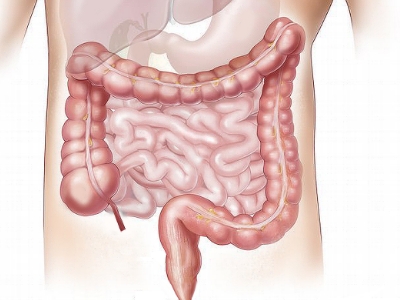Emesis

Emesis is a medical term used to refer to vomiting. Throwing up or vomiting means releasing the contents of the stomach and proximal small intestine from the mouth. A feeling of nausea, in which you feel like vomiting, usually precedes emesis. The most common causes of nausea and vomiting are motion sickness, food poisoning, concussions, and tumors. Despite this, excessive vomiting can cause serious consequences, such as dehydration, electrolyte imbalances, and malnutrition.

What Causes Emesis?
Vomiting is usually triggered by problems with the gastrointestinal (GI) tract and the central nervous system (CNS). Vomiting is typically caused by gastroenteritis and/or the consumption of drugs or toxins. Gastroenteritis occurs when the lining of the stomach, small intestine, and large intestine becomes inflamed. CTZ can be triggered by drugs in the bloodstream. Food poisoning can be caused by pathogens in ill-prepared food.
Besides the most common causes, vomiting can be caused by a variety of conditions, including motion sickness, viral or bacterial infections, pregnancy, gallbladder disease, and post-surgical complications. When the inner ear becomes sensitive to certain movements, motion sickness occurs. Rides in moving cars or boats can affect balance and induce vomiting. Emesis is caused by a viral or bacterial infection in the stomach, where the irritants cause contractions in the stomach and induce emesis. An increase in hormones during pregnancy often causes nausea and vomiting during morning sickness. Among the causes of drug-induced vomiting is anesthesia during surgery and chemotherapy in the treatment of cancer. Vomiting can also be caused by a brain tumor or a concussion alone.
Treatment for Emesis
Treatment for emesis includes:
- Avoid solid food until the vomiting episode has passed.
- Drinking gradually larger amounts of clear liquids.
- Pregnant women experiencing morning sickness can eat some crackers before getting out of bed or eat a high-protein snack before going to bed.
- Vomiting along with cancer treatments can often be treated with another type of drug therapy. There are also prescription and nonprescription drugs that can be used to control vomiting associated with pregnancy, motion sickness, and some forms of dizziness. However, consult with a doctor before using any of these treatments.

Medication for Emesis
This medicine is used to prevent and treat nausea, vomiting, and dizziness. Dimenhydrinate is in a class of medications called antihistamines that works by preventing problems with body balance.
The medicine comes as a tablet for oral use. When taking this medicine, you should consult your doctor first and get the appropriate dosage for you. Dimenhydrinate should not be given to children younger than 2 years of age unless your doctor has told you to do so. Always take this medication as exactly as directed by your health care provider for the best benefit from it.



